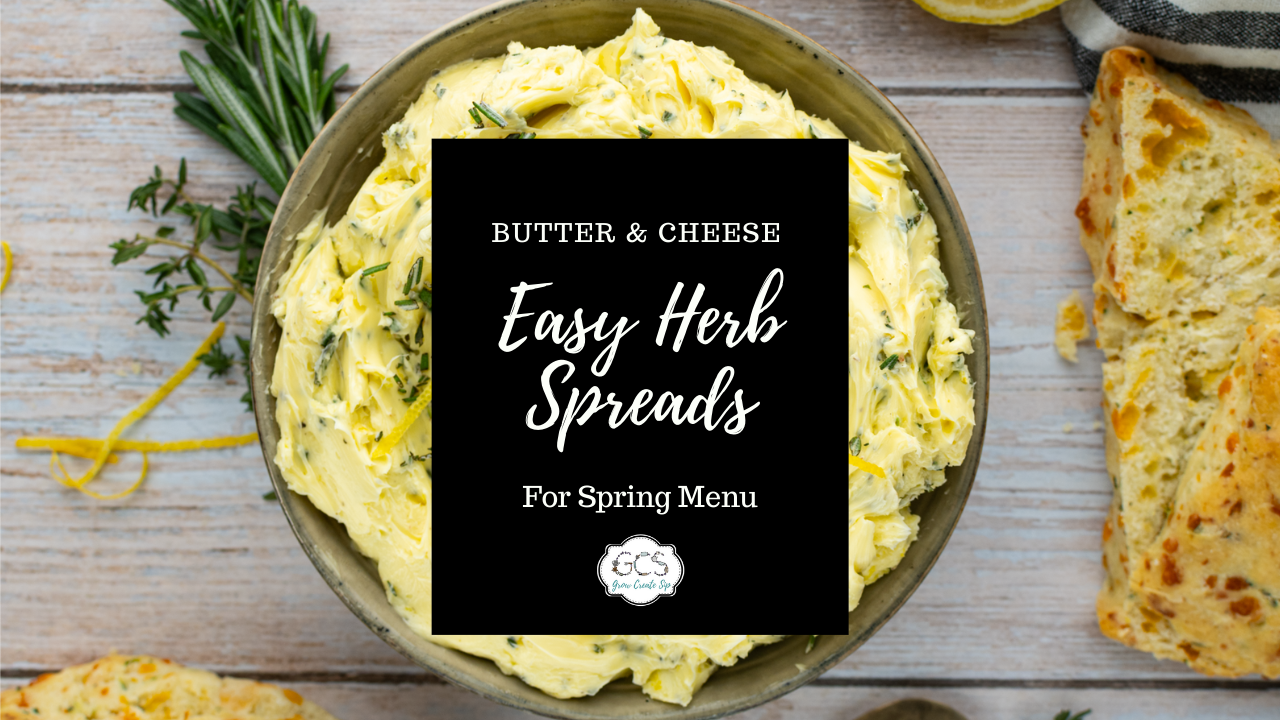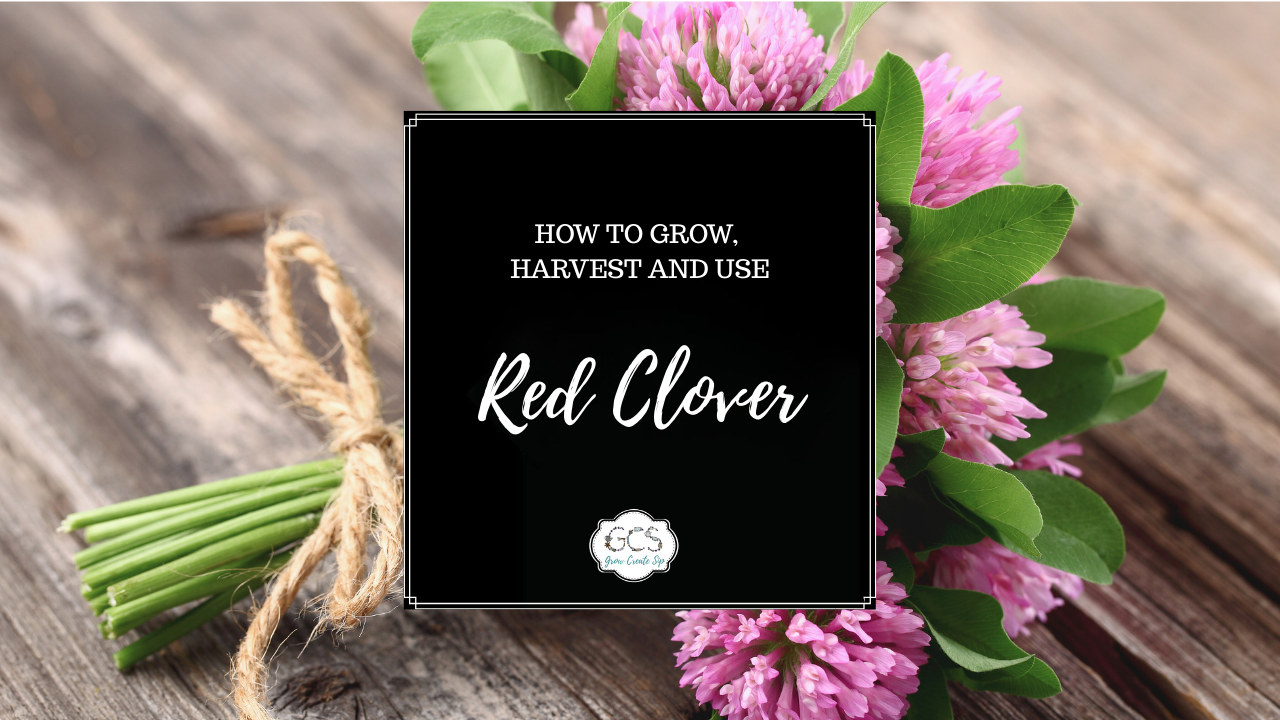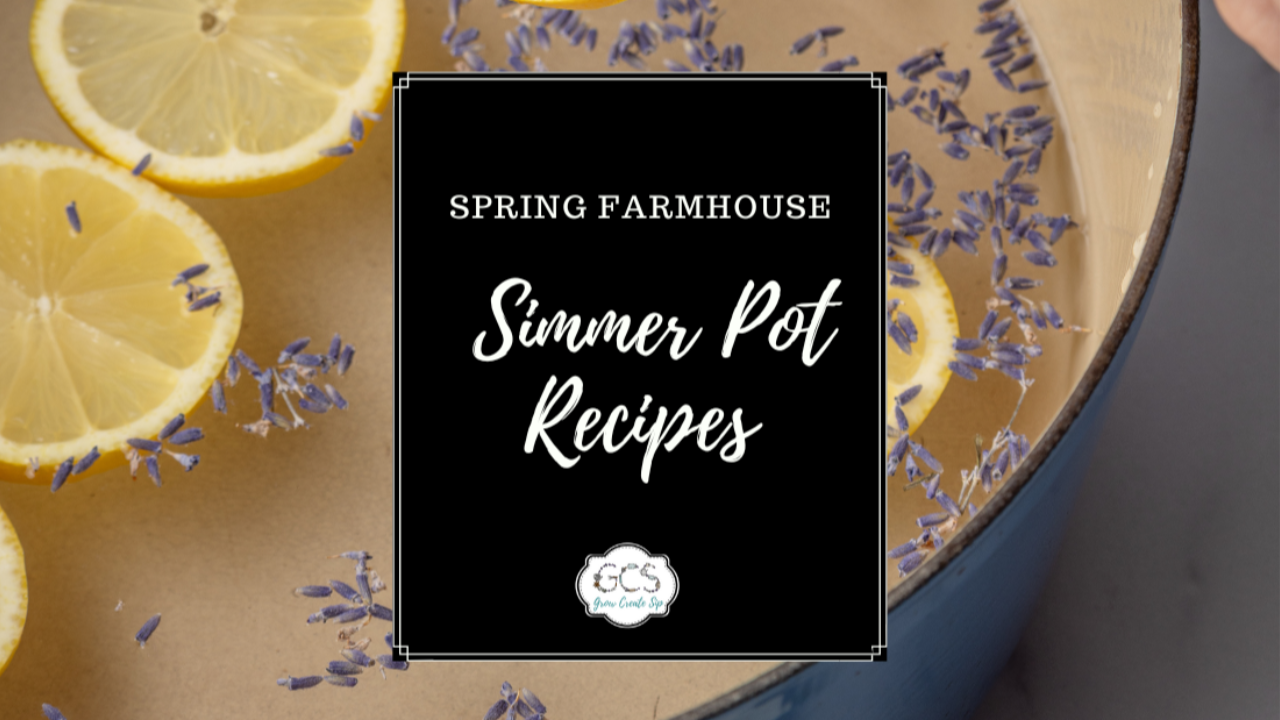DIY Herbal Cough Drops: Natural Homemade Alternatives
Oct 22, 2024
This time of year, the colds and flu are around more than we would like, and they have us dreaming of warmer summer days when we have bugs and humidity to deal with instead. While many of us have seen those bright, colorful cough drops at the grocery store as part of the cold and flu care section, we may have decided to read the ingredients and had second thoughts about using them for ourselves and family members. Many commercial cough drops contain ingredients that can sometimes do more harm than good. High fructose corn syrup and sugar are not our friends when we are sick! It’s time to make our own herbal cough drops with ingredients we don’t have to worry about.
If your interested in the benefits of making homemade herbal cough drops as a healthier alternative to commercial options these homemade cough drops will hit the spot! They use natural ingredients like honey and soothing herbs so you can create effective, delicious cough drops that support your family's health.

The Legal Stuff
St. Fiacre's Farm LLC provides this blog for informational purposes only. It does not constitute medical advice, and you should always seek the advice of a qualified healthcare provider for any medical questions or concerns. Please note that we may earn a small commission on any purchases you make through our affiliate links at no additional cost to you. Thank you for your support!
Why not store-bought cough drops?
While store-bought cough drops may seem convenient, when we take a closer look at their ingredients there are some potential issues. For one the list is long, and full of chemicals, artificial additives, and synthetic food dyes. Let’s take a closer look at some common items on those ingredient lists.
1. Artificial Flavors and Sweeteners
Many commercial cough drops contain artificial flavors and sweeteners like aspartame or sucralose. While they create the drops flavor, these synthetic ingredients have been linked to a range of potential health problems, including headaches, digestive issues, and even neurological effects. Aspartame, in particular, has been studied for its possible role in triggering migraines and mood disorders in sensitive individuals. (Source)
2. High Fructose Corn Syrup (HFCS)
High fructose corn syrup is my nemesis. I have a severe reaction to corn syrup, specifically in my throat, which makes consuming that when I already have a sore throat or cough a huge NO in my book. This highly processed sweetener has been shown to contribute to obesity, diabetes, and inflammation. It lacks the natural, beneficial properties of honey, which offers both sweetness and antimicrobial and soothing effects. In contrast, HFCS may even suppress the immune system. (Source)
3. Harmful Food Dyes
Those brightly colored cough drops often contain synthetic food dyes such as Red 40, Yellow 5, and Blue 1. These artificial colorings have been linked to allergic reactions, hyperactivity in children, and even certain types of cancer. For example, Red 40, one of the most commonly used food dyes, has been associated with behavioral issues in children, including increased hyperactivity and difficulty concentrating. Don’t be hoodwinked if they change the name of these dyes to something more fun, like Allura Red AC, Tartrazine, Brilliant Blue FCF, Indigo Carmine, Fast Green FCF, and Sunset Yellow. They are not good to consume and have been banned in many countries outside of the United States. (Source)
4. Preservatives
Commercial cough drops often contain preservatives like BHT (butylated hydroxytoluene) or propylene glycol to extend shelf life. BHT is a synthetic antioxidant used to prevent rancidity, but it has been shown to have negative effects on the liver and is classified as a potential carcinogen (which can cause cancer). Propylene glycol, another chemical preservative, can cause allergic reactions, skin irritation, and even respiratory issues in sensitive individuals. (Source)
5. Synthetic Menthol
Menthol is a key ingredient in many cough drops, providing a cooling sensation that soothes the throat. However, commercial cough drops often use synthetic menthol, which is a chemically produced version of natural menthol found in peppermint oil. Synthetic menthol may not be as effective as its natural counterpart and can sometimes cause irritation rather than relief. Using a food-grade peppermint extract ensures you’re getting the natural benefits without synthetic side effects. (Source)
When you make your herbal cough drops, you control what goes into them. Natural ingredients like honey, herbs, and organic extracts offer soothing properties without the risks associated with synthetic additives. You’ll also avoid exposing your family to harmful chemicals and unnecessary sugars.
There are so many wonderful herbs that God made to help soothe and tame coughs, but please remember to always check your herbal monograph and the precautions for each herb to make sure that it is safe for you to use personally. Some herbs are not good for those on certain medications or with certain diseases or disorders, such as bleeding disorders.
Let’s take a look deeper into some of the herbal options:

Herbs to Soothe and Tame Coughs
Marshmallow root, with its high mucilage content, is an excellent herb for dry, scratchy coughs and sore throats. This mucilage creates a soothing, protective coating in the throat, reducing irritation and inflammation.
Like marshmallow root, slippery elm bark is rich in mucilage and is perfect for easing dry, hoarse coughs. When mixed with water, it forms a gel-like substance that coats the throat and calms inflammation.
- Licorice root has anti-inflammatory and soothing properties, making it beneficial for wet and dry coughs. Licorice root helps loosen mucus while soothing irritated tissues in the throat and respiratory tract.
- Mullein is a gentle expectorant that helps clear mucus from the lungs, making it effective for wet coughs. It also soothes inflamed respiratory tissues, making it useful for both coughs.
- Ginger gets things moving and is also an anti-inflammatory, perfect for breaking up chest congestion and soothing sore throats. It can also help reduce inflammation in the respiratory system and is a natural pain reducer.
- Thyme is a powerful herb with antibacterial and antiviral properties. It’s especially effective for dry spasmatic coughs.
- Peppermint contains natural menthol, which provides a cooling sensation and helps open the airways. It also acts as an expectorant, making it easier to clear mucus from the lungs.
- Elderflower is an anti-inflammatory herb that soothes irritated mucous membranes in the throat and helps reduce coughing, especially in colds and flu. Remember, if you have a productive cough, you do NOT want to reduce it unless you are sleeping at night. You need to get the gunk out!
- Sage is an astringent herb that helps dry up excess mucus, making it useful for wet coughs. Sage also soothes sore throats and can help reduce inflammation in the respiratory tract.
- Chamomile is a calming herb that can help relax the muscles in the throat and ease coughing fits. Chamomile is beneficial for nighttime coughing, helping you or your loved ones sleep better.
Hacking Away at the Natural Medicine Cabinet
Making your herbal cough drops is a great way to take control of your family’s health. Not only do you avoid harmful chemicals and additives, but you save money and creating an alternative that soothes using the best of the herbs God offers in nature. I hope this recipe becomes a go-to for you and your family during those times when a little extra care is needed. If you would like to learn more about individual herbs and their uses, make sure that you check out our free Herbal Journal Download.
Before you go, I'd love to know. What types of cough drops have you used before? What did you like about them? What didn't you like? Leave a comment below and join the conversation. Stay healthy and enjoy the comfort of knowing that you're providing your loved ones with the best natural ingredients when using this natural cough drop recipe..
Make More Home Remedies
- Herbal Apple Cider Vinegar Gummies Recipe
- Homemade Elderberry Syrup
- Herbal Allergy Fighting Tea Recipe
- Herbal Tea for Sleep
- Acid Reflex Remedies & Fennel Tea for Indigestion
- Best Tea for Pregnancy and Breastfeeding















